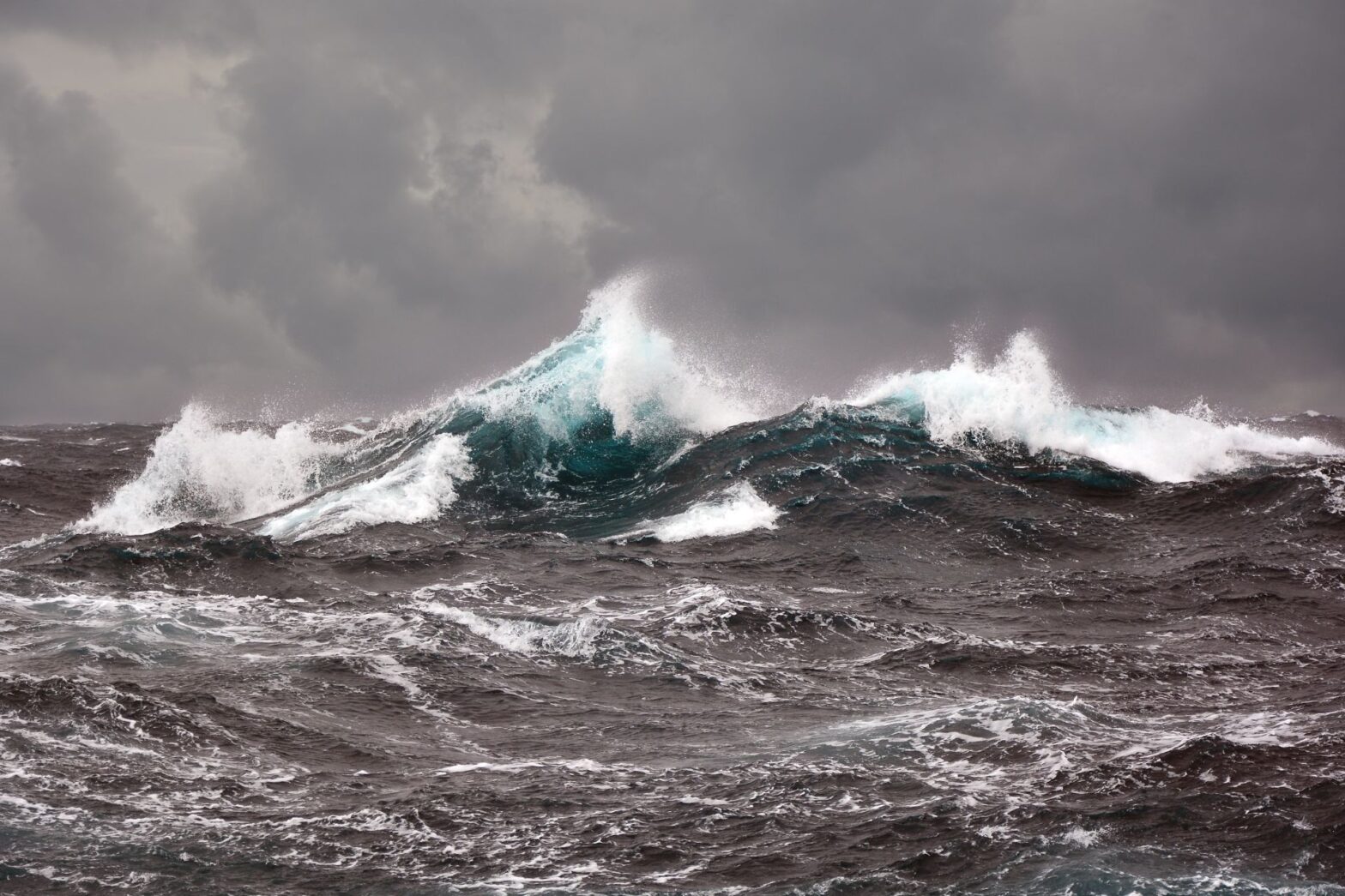Climate Change – the Final Warning!
The Intergovernmental Panel on Climate Change (IPCC) has just released the final part of its sixth assessment report. Its content compiled by hundreds of scientists and over eight years can be distilled into this simple message: «act now or it is too late».
This last part, the «synthesis report» summarises key messages from preceding work as a guide for governments and highlights that attempts to mitigate will rapidly lose effectiveness with increasing and sustained warming. The report also details the devastation that has already been caused by climate change with extreme weather events such as heatwaves in all regions, millions of lives and homes being lost in floods, and millions facing hunger. This report is all being seen as the last output of the IPCC in the period of time that remains during which the people of the world still have a chance of limiting global warming to 1.5°C, the limit beyond which many further impacts of climate change will become irreversible.
As one of its conclusions, the report states that «Some future changes are unavoidable and/or irreversible but can be limited by deep, rapid and sustained global greenhouse gas emissions reduction. The likelihood of abrupt and/or irreversible changes increases with higher global warming levels. Similarly, the probability of low-likelihood outcomes associated with potentially very large adverse impacts increases with higher global warming levels.»
With respect to the oceans, the report reiterates the IPCC’s earlier warning that «sea level rise is unavoidable for centuries to millennia due to continuing deep ocean warming and ice sheet melt, and sea levels will remain elevated for thousands of years», but also states that this can be limited by decisive action now. The importance of maintaining ocean and other ecosystems’ biodiversity is also highlighted.
Before this important report was released, it was subject to scrutiny by representatives of governments and it has been reported in the Guardian newspaper that the large Saudi Arabian delegation, «pushed at several points for the weakening of messages on fossil fuels, and the insertion of references to carbon capture and storage, touted by some as a remedy for fossil fuel use but not yet proven to work at scale».
OceanCare can confirm, based on several experiences within international negotiations to improve ocean conservation that the oil industry continues or even intensifies its efforts to counter or even prevent effective conservation action.
OceanCare congratulates all those involved in producing this vitally important document, but we are concerned that it may have been affected by the lobbying of nations that was not necessarily in the best interests of us or our planet. We are now all in grave danger, this can no longer be doubted, and we call on all the nations of the world to take this matter very seriously, urgently reduce greenhouse gas emissions, and put the energy transition towards reduced consumption, energy efficiency, and renewable energy resources in line with biodiversity conservation, into practise. There is no higher priority.
OceanCare will further intensify its efforts towards healthy and resilient oceans.
Sources:
IPCC Synthesis Report IPCC_AR6_SYR_SPM.pdf
